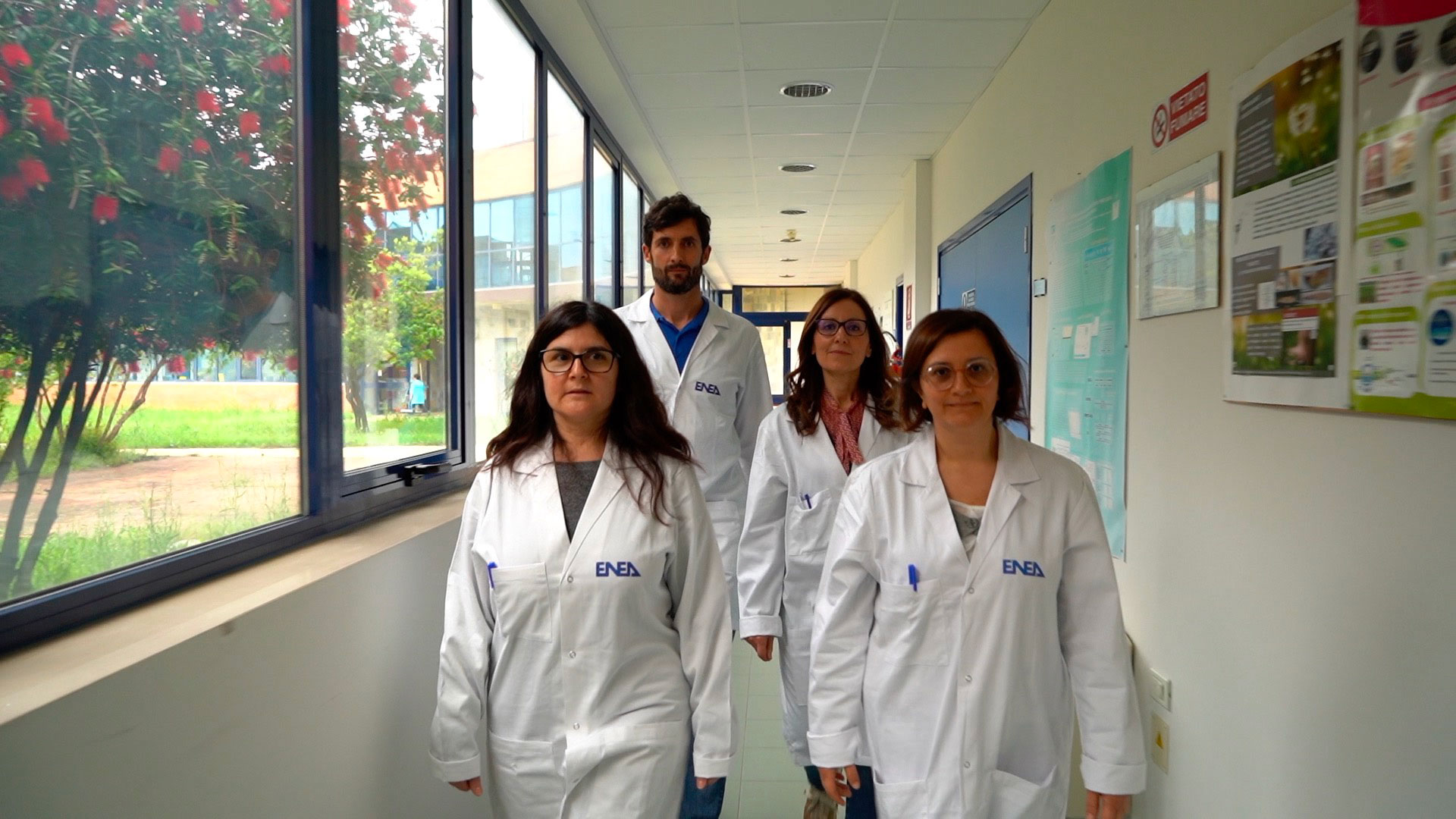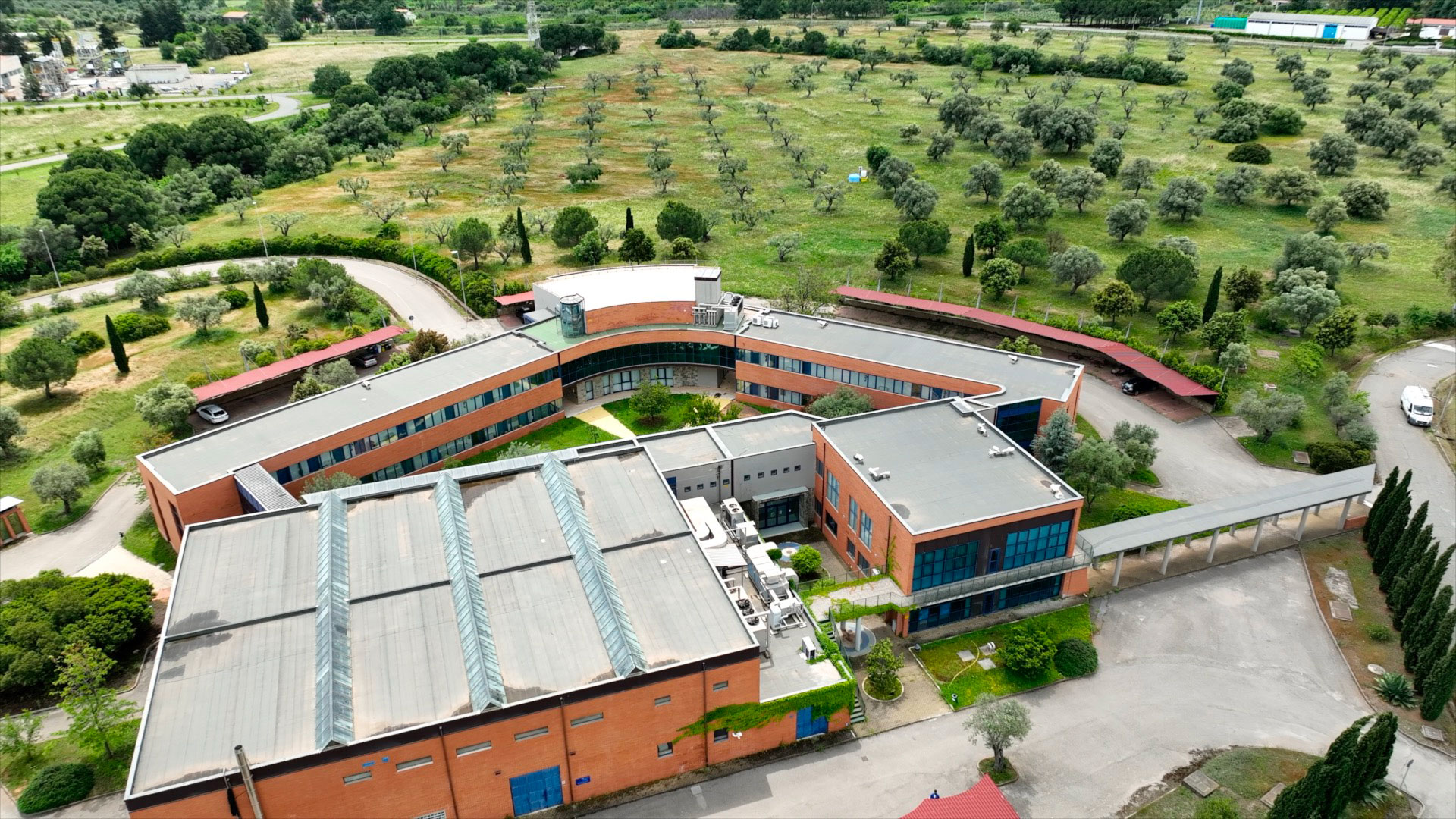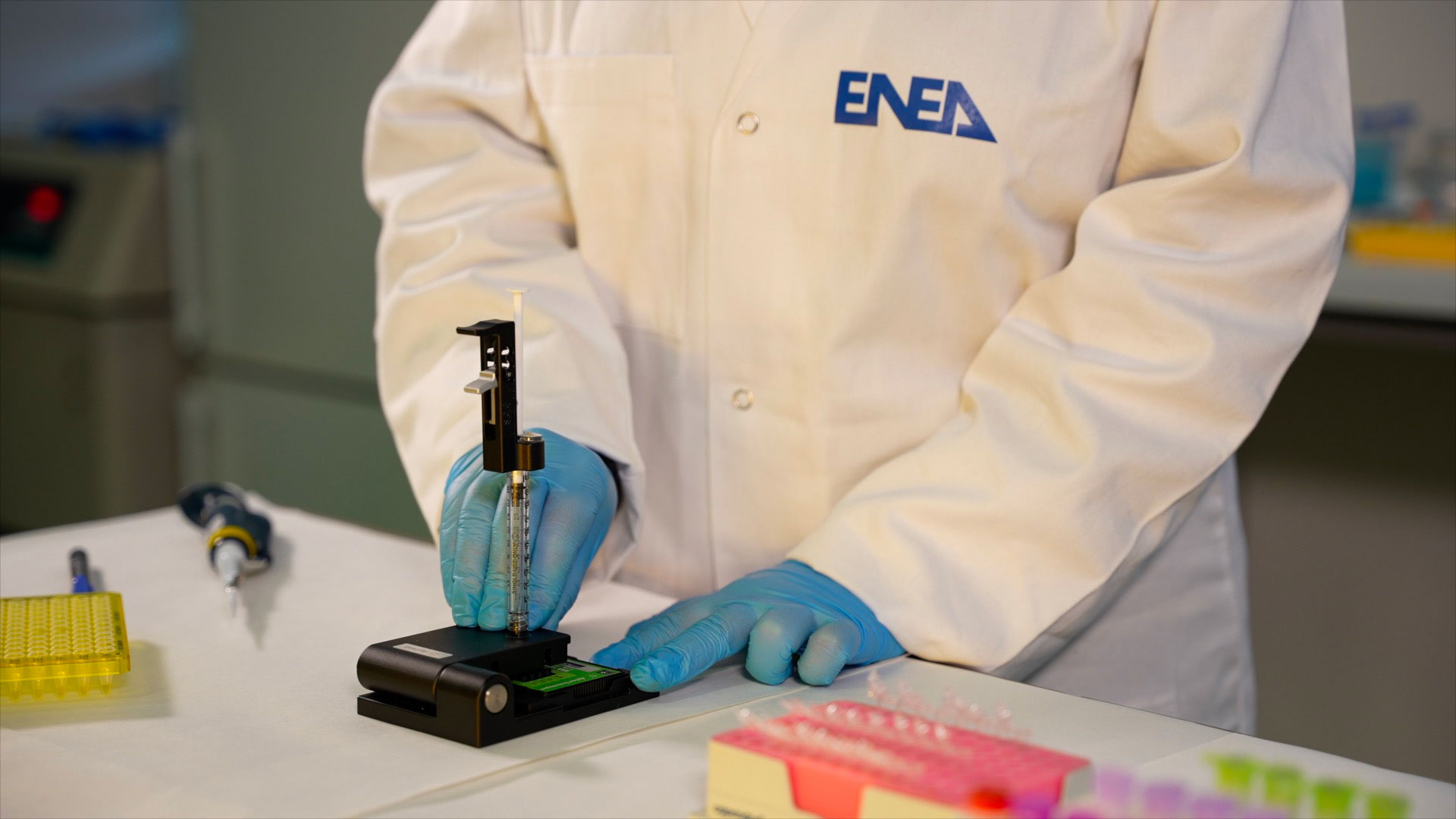Italian National Agency for New Technologies, Energy and Sustainable Economic Development

Environment: ENEA chooses to fund research to protect bees with 5x1000 donation
Cutting-edge biotechnology and supercomputers to save bees threatened by climate change, pollution, pesticides and some invasive pests which destroy hives. The 5x1000 donation of tax payers who choose to support ENEA research studies -indicating the tax code 01320740580 in their 2023 tax return- will be allocated to these activities.
The communication was given on the eve of World Environment Day, the biggest international day for the environment designated by the United Nations.
To preserve these precious "sentinels of biodiversity", responsible for pollination of most plant species, food production and preservation of our planet’s biodiversity, a team of ENEA researchers is developing an innovative biopesticide capable of eliminating the enemies of bees and hives without harming the environment and human health.
“The new ENEA pesticide is based on biotechnologies that exploit a natural mechanism present in plant and animal organisms to target the genes necessary for the development and survival of this beehive parasite”, explained Salvatore Arpaia, researcher at the ENEA Bioenergy, Biorefinery and Green Chemistry Division. “Furthermore – he said –the use of CRESCO supercomputer, the second most powerful computer in Italy, will be crucial. We will be able to process all the bioinformatics data obtained at the laboratory, which conducted the genomics and biology studies on insects at the Trisaia Research Center".
With the 5x1000 donation it will be possible to conduct new experimental tests of methods for fighting against pests, particularly the small beehive beetle Aethina tumida, classified as an emerging bee disease“. “The Ministry of Health, which monitors species harmful to bees through zooprophylactic institutes, is closely following our experiments which will soon involve the production of higher quantities of molecules, to plan an efficacy test on colonies of infested bees under controlled conditions”, concluded Arpaia.
In the last 10-15 years beekeepers have reported an unusual decline in wild bee populations and colony losses. The phenomenon has various causes, including intensive agriculture, pesticide use, habitat loss, viruses, attacks by pathogens and invasive species like the Varroa destructor mite, which has been present throughout Italy for years, the Asian hornet Vespa velutina, now widespread in Liguria, Piedmont, Veneto, Lombardy and Tuscany, and the beetle Aethina tumida, currently limited to the southernmost part of Calabria, which constitutes a serious threat because its lifecycle takes place within the hive, exploiting hive resources.
To contain its spread in Europe, the EU Commission has envisaged measures to cessate nomadic beekeper movements and trade of colonies and perform periodic monitoring of hives and in many cases destruction of colonies. These actions of containment, in addition to direct damage caused by the species, are affecting the economy of the beekeeping sector in infested areas, highlighting the increasing need for scientific research to develop new control strategies.



